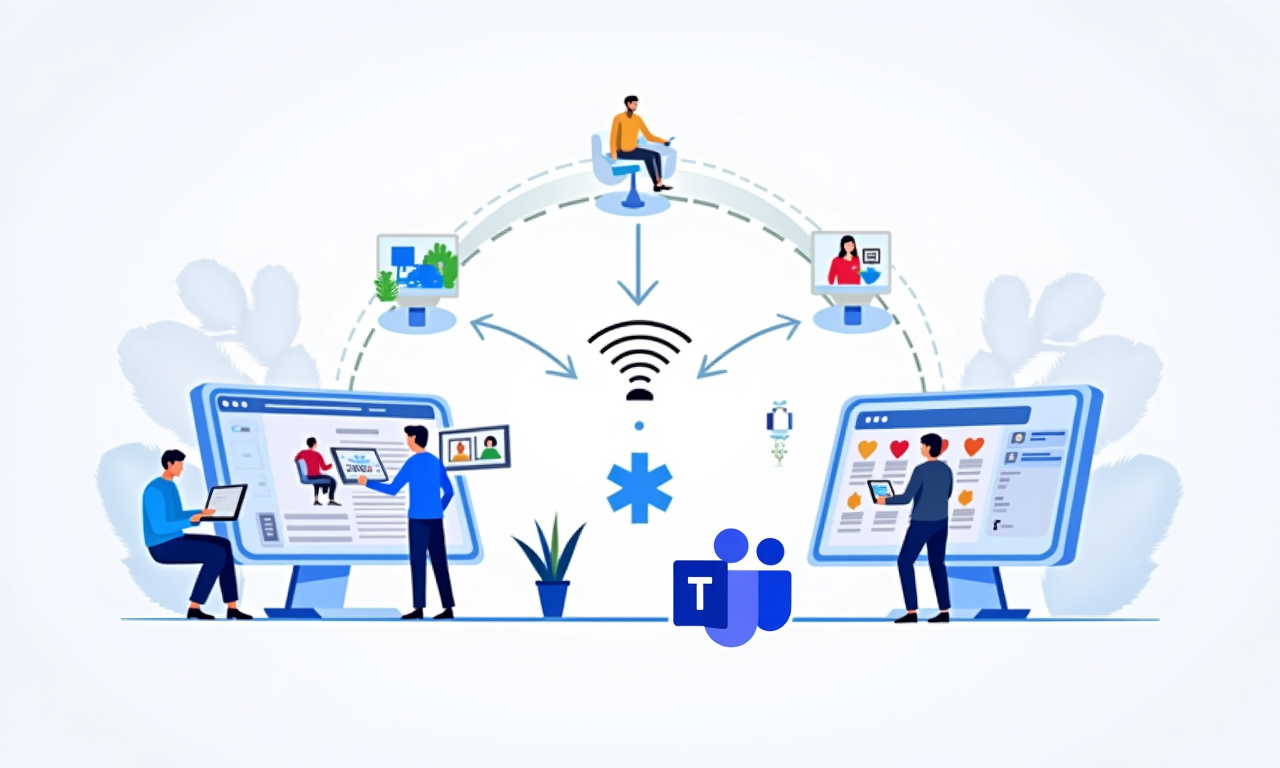In the world of software engineering, artificial intelligence (AI) is emerging as a transformative force, paving the way for what some are calling ‘vibe-coding.’ With platforms like OpenAI’s ChatGPT at the forefront, AI is assisting individuals-even those with limited technical knowledge-in writing and understanding code. But does this signal the end of traditional software engineering or merely its next evolutionary step?
Zooming In
The Promise of AI-Powered Tools
AI tools like ChatGPT have come a long way, evolving from their experimental infancy to becoming reliable partners in coding. Just last year, using ChatGPT felt akin to working with a new intern: eager to help but prone to unintentionally skew results unless tasks were well defined. Nevertheless, when directed clearly, the efficiency it demonstrated was remarkable. This progression in AI capabilities means these tools can now manage tasks typically handled by skilled software engineers.
The Double-Edged Nature of AI
However, AI’s role is not without challenges. While AI excels at handling parallel processing-executing multiple code lines simultaneously and saving precious time-it often struggles with complex, nuanced tasks demanding precision and a deep understanding of intricate systems that AI has yet to perfectly emulate.
Democratizing Software Development
Vibe-coding isn’t entirely new; it mirrors the earlier wave of no-code platforms aimed at democratizing software development. By enabling less technically inclined users to create functional applications, it broadens the scope of who can contribute to software projects. Even tech giants like Google are championing this trend by launching applications that encourage vibe-coding methodologies.
The Role Redefinition
This trend invites a shift from traditional coding, where every line is meticulously crafted by developers, to a model where users guide AI through iterative development phases. This editor-like role emphasizes understanding code flow rather than crafting each individual line, marking a significant change in how software development is approached.
Industry Implications
The infiltration of AI into software engineering reflects broader tech-industry trends, prompting a re-evaluation of professional roles. As coding becomes more accessible to non-engineers, questions arise about the future necessity of traditional coding specialists-though expertise in systems architecture and complex integrations remains essential.
The AI coding revolution also raises security concerns, highlighted by incidents like the Tea app data breach, prompting debates over AI’s reliability in maintaining robust security. Nevertheless, AI’s potential to identify and resolve vulnerabilities could help mitigate these concerns.
Conclusion: Adapting to the AI Era
AI doesn’t seek to replace software engineers but to enhance their creative capacity, promoting efficiency and fostering innovation. As we navigate this new landscape, maintaining a balance between AI’s assistance and upholding robust foundational coding skills will be crucial. In the end, the challenge lies in leveraging AI’s capabilities while preserving the craftsmanship intrinsic to high-caliber software engineering.









